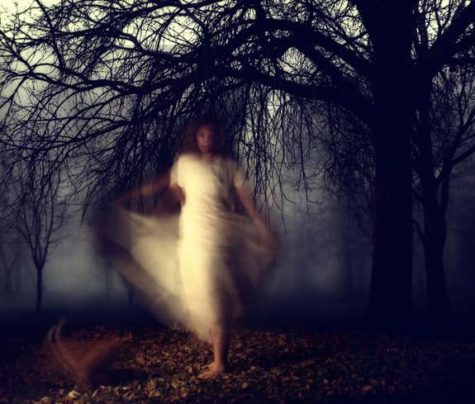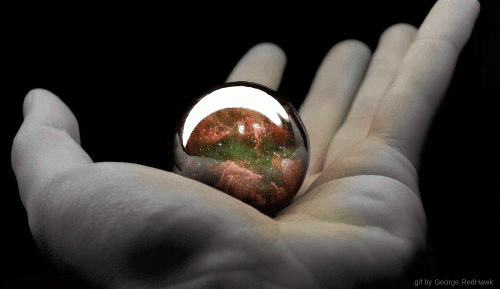The simplest definition of ghosts is that they are souls of the dead. Theoretically the word ghost encompasses all dead souls. However, dead souls who fade away and never reappear are memories, not ghosts. The word ghost implies that the dead soul maintains a presence in the realm of the living or perhaps refuses to leave.
Some ghosts may not realize they’re dead or may not know how to leave or where to go. In these cases, the living can intervene to help them transition via rituals, through shamans, or by requesting that a psychopomp escort the dead soul to safety.
Whether the presence of a ghost is intrinsically harmful is subject to debate. In some cultures, contact with ghosts is toxic to the living either because of mal-intent or just because contact with the dead is debilitating. Other cultures consider each ghost an individual case. Some are benevolent; some are lethal; others are just neutral presences having little effect one way or the other.
Some ghosts exhibit scary behavior, but many people find all ghosts frightening just because of their associations with death or the supernatural. No chain-clanking or nocturnal groaning is required; the ghost doesn’t actually have to do anything to cause fear other than be present.
Not all ghosts mean harm. Some simply enjoy lingering near the living. They do feed off human energy, tapping into the energy of individuals as if it were a power source: There’s a bit of a vampiric quality to this, but if not excessive it will not harm the average healthy individual. A ghost may actually be less energy-draining than some living “psychic vampires.”
Ghosts who linger without causing trouble can be tolerated. Some people enjoy the presence of ghosts. The reputed presence of ghosts is a selling point for many hotels, inns, and bed-and-breakfasts. Sensitive people can see ghosts, even if the ghosts don’t want to be seen. Put out an offering for them periodically. Make them feel welcome and this type of ghost can transform into an ally or be helpful in emergencies.
Some ghosts remain on the earthly plane because they are caught in a time warp: they constantly relive a tragedy that they experienced while alive. Some ghosts won’t leave because they have a mission. It may be to protect someone, to reveal information, or to seek revenge. Some ghosts are consumed with rage and resentment.
Raging ghosts who loathe and envy the living are dangerous ghosts. The most powerful can manifest in corporeal form and harm the living. Ghosts who are powerful enough to exert their individuality often transcend ghost status to become spirits. If honored and propitiated, even hostile ghosts can sometimes be persuaded to use their power benevolently.
Spirit mediums channel dead souls for benevolent purposes. Seances invite participation of dead souls so that they can provide information, comfort, and healing. Some dead souls, however, possess the living for their own selfish or destructive purposes. These must be exorcised or somehow made to leave.
Various spirits are renowned ghost busters. Sometimes even an image or amulet bearing their name is sufficient to send ghost packing. See the Ghost Busters page.
If a ghost can’t be exorcised, it can be distracted. Many ghosts, like low-level demons, demonstrate obsessive-compulsive behavior. Scatter tiny poppy or millet seeds. The ghost may feel compelled to pick up or count each and every one.
- Hanging up a many-holed sieve or fish net may have the same effect.
- Alternatively leave a ghost some thread and a needle with a broken eye. Some ghosts will spend eternity attempting to thread the needle, in the process, ceasing their depredations.
How someone died may effect what type of ghost they become. Allegedly those who die suddenly, violently, or before their time are more likely to become malevolent ghosts. In many parts of the world, the most feared ghost is a woman who died in childbirth. It’s crucial to point out, however, that not everyone who dies violently becomes a harmful ghost. Clearly most murder victims do not transform into rampaging supernatural beings, or there would be far less murder. It is not entirely clear why some victims of violent crimes turn into benevolent helpers while others become utterly consumed with rage and anger toward the entire world.
Various botanicals are said to discourage the presence of ghosts, especially rue and garlic. See the post on Ghost Busting with Botanicals for a more extensive list.
From: Encyclopedia of Spirits




Leave a Reply